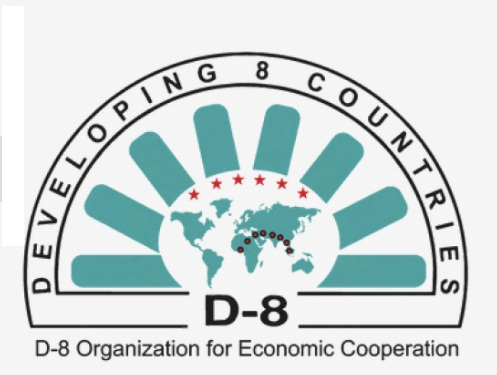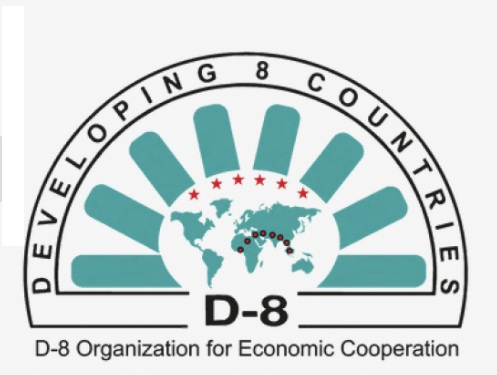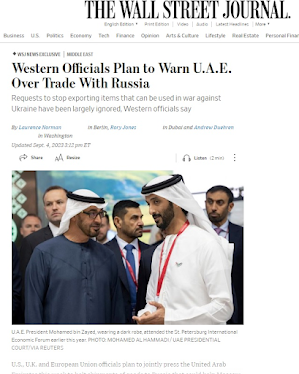
Indonesia now has full membership in BRICS
The Brazilian Foreign Ministry said the most populous country in Southeast Asia “shares with other members the desire to reform global governance institutions and contribute positively to cooperation within the Global South.”
Indonesia’s candidacy was approved at the 2023 BRICS summit in Johannesburg, South Africa.
Brazil will assume the presidency of the group in 2025. BRICS comprises Brazil, Russia, India, China and South Africa, but is expanding to include other countries.




















































